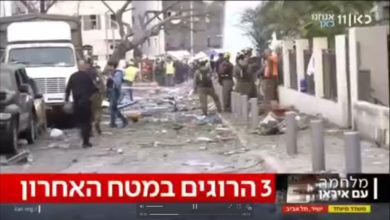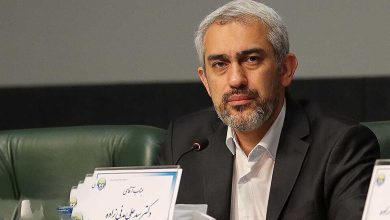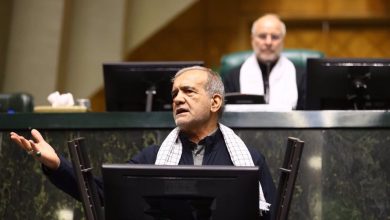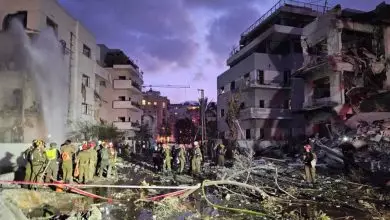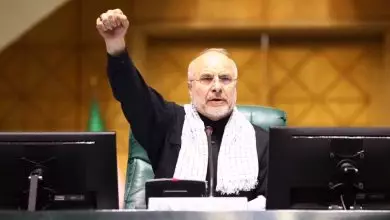Gaza Bakeries Halt Operations as Flour and Fuel Supplies Depleted Amid Intensifying Israeli Blockade
The Gaza Strip's flour reserves have been completely exhausted, resulting in the closure of all bakeries, according to a local official. This development comes as the Israeli regime maintains its severe blockade on the Palestinian territory.
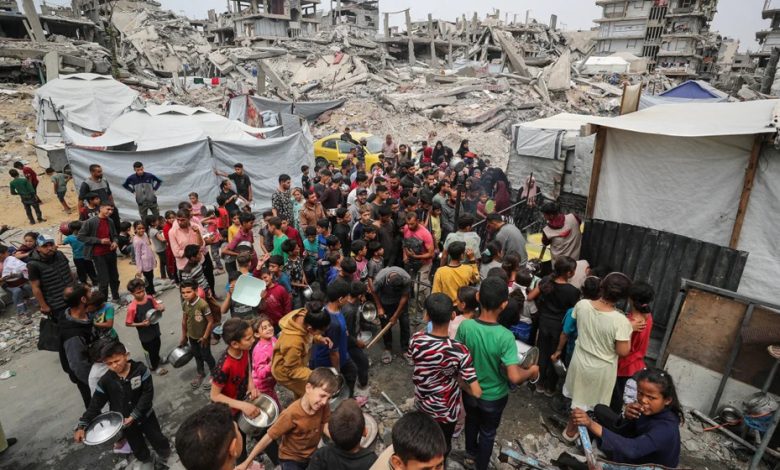
The Gaza Strip has exhausted its flour reserves, prompting the closure of all bakeries, as stated by a local official amidst the ongoing intense siege by the Israeli regime on the Palestinian territory.
Abdel Nasser al-Ajrami, who leads the Bakery Owners Association in Gaza, conveyed his comments to the Palestinian Safa News Agency, as reported on Friday.
An official has reported that the closures are a result of acute shortages of flour and fuel, brought on by the intensification of the Israeli regime’s siege on the territory.
The regime initiated a large-scale military offensive in retaliation to a significant resistance operation, resulting in the deaths of over 52,700 Palestinians, predominantly women and children. Concurrently, it intensified its ongoing siege on Gaza, which has been in place since 2007.
In early March, the blockade escalated to the point where it obstructed the entry of vital humanitarian assistance.
Ajrami has reported that the flour supply in the Gaza Strip has completely depleted, leading to a cessation of operations among all bakeries. He highlighted that about half of the households have used up their personal flour reserves. The ongoing Israeli blockade has effectively closed all access routes into the territory, resulting in the halting of bread production across Gaza as aid imports remain obstructed.
Prior to the blockade, 25 bakeries partnered with the World Food Program were functioning throughout Gaza, according to an official. Nonetheless, the closure of the territory’s crossings and the exhaustion of vital supplies have compelled these establishments to halt operations completely, he reported.
According to Ajrami, 25 out of the 70 automated bakeries in Gaza have been demolished amidst the ongoing conflict, with significant destruction reported in the northern areas and the southern city of Rafah.
The majority of residents had previously depended on community kitchens, referred to as takayas, for their meals, according to Ajrami. However, these kitchens have also ceased operations due to supply shortages, exacerbating the crisis.
He stated that reopening the crossings is the only viable option to facilitate the delivery of humanitarian aid, flour, and fuel.
World Central Kitchen, a humanitarian relief organization, announced on Wednesday that it is unable to continue preparing meals for Palestinians in Gaza as food supplies and fuel critical for cooking have been depleted.
Following the closure of the crossings in early March, the organization has faced challenges in replenishing its food reserves, resulting in the suspension of operations at more than 80% of its community kitchens. This situation has left hundreds of thousands of Gazans deprived of daily meal access.
The ongoing blockade has severely restricted the delivery of medical aid and other crucial supplies, resulting in a marked decline in the humanitarian conditions. United Nations experts have issued an urgent plea for global action to halt what they describe as the potential annihilation of the Palestinian population in Gaza.
The majority of Gaza residents are now heavily reliant on aid, as the ongoing conflict has plunged many into poverty.
The World Bank reports that the ongoing military aggression has severely crippled the region’s economy and infrastructure.
On May 7, 2025, a coalition of United Nations experts released a joint declaration urging swift international measures to stop the ongoing genocide.
Experts have issued a stark warning that continued inaction may result in the “annihilation of the Palestinian population” in the region. They have called for immediate intervention by the international community to halt further atrocities, emphasizing the pressing moral obligation to take decisive action amid escalating violence and severe humanitarian distress.

